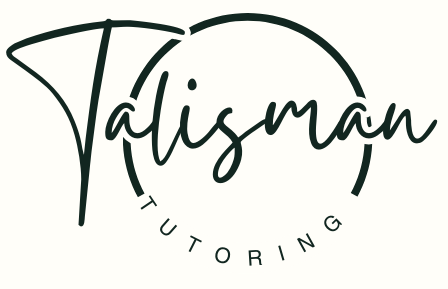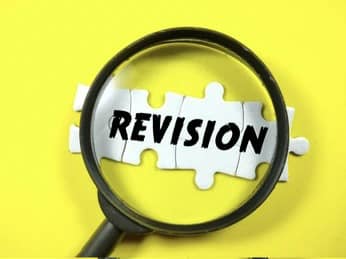When it comes to mastering new material, it’s not just about how long you study—it’s about how you study.
The following techniques, grounded in cognitive science, can help you learn more effectively and retain information for the long term.
Metacognition: Thinking About Thinking
Metacognition is understanding how you learn best. It involves reflecting on what you know, identifying gaps in your understanding, and adjusting your approach to learning. Before you dive into studying, ask yourself: “What do I already know?” and “What areas do I need to focus on?” This self-awareness helps you learn more efficiently.
Flashcards: Active Recall at Its Best
Flashcards are an excellent tool for reinforcing memory. By using them, you practice “active recall”—forcing yourself to retrieve information from memory, which strengthens your ability to remember it later. It’s important to actively test yourself. The more you test your memory, the better your retention.
Quizzes: Testing Yourself to Improve Retention
Regular quizzes, whether they’re self-made or part of your study materials, are a great way to evaluate your knowledge. The process of answering questions forces you to retrieve information, helping consolidate it in your long-term memory. Regularly quizzing yourself also helps identify areas that need further review. Even better, ask someone else to quiz you.
Chunking: Breaking Information Into Manageable Parts
Chunking is a technique that involves grouping information into larger, meaningful units. Instead of memorising individual facts, break the material into categories or patterns that are easier to remember. For example, when learning a new poem, you might chunk it into sections like themes, key quotes, and structure.
Spacing: Spread Out Your Study Sessions
Spaced repetition is the practice of spreading out study sessions over time, rather than cramming all at once. Research shows that spacing out your learning allows you to reinforce memories more effectively and helps you retain information in the long term. Try reviewing material at increasing intervals—1 day, 3 days, 7 days, and so on.
Elaboration: Making Connections to Deepen Understanding
Elaboration involves connecting new information to what you already know. By explaining concepts in your own words or relating them to personal experiences, you create a deeper understanding of the material. This process helps you retain information longer.
Building these strategies into your study routine can make a significant difference in how well you learn and retain new information. The key is not just to work harder, but to study smarter! Over the coming weeks, I will be exploring each revision tool in detail to help you to reach your goals.

